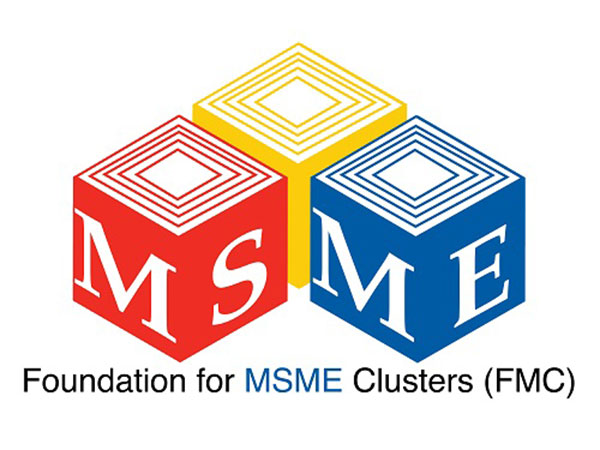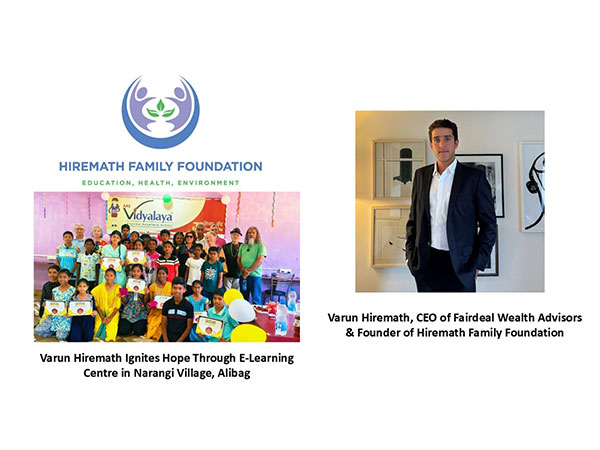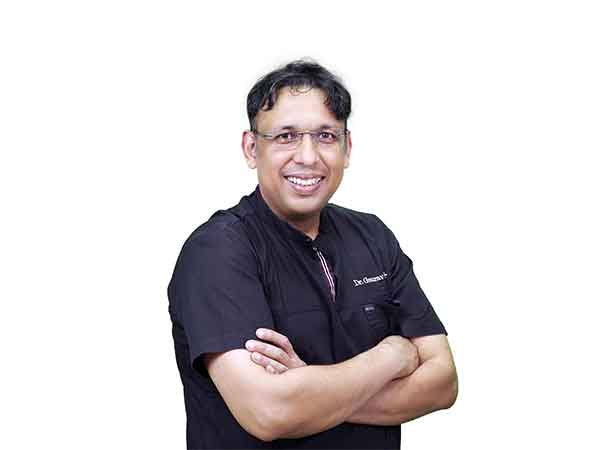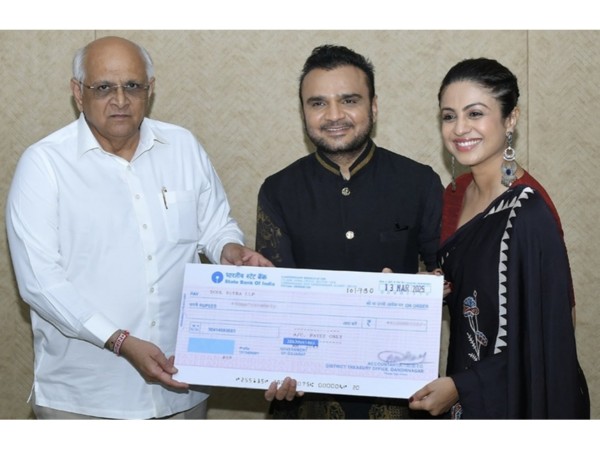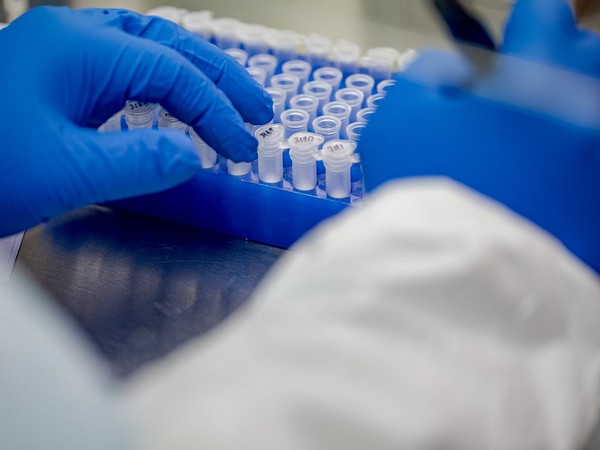
New infections below 2,000 for 2nd day amid eased virus curbs
Nov 09, 2021
Seoul (South Korea), November 9: South Korea's new coronavirus cases fell below 2,000 for the second straight day Tuesday, but health authorities remain on alert over a possible spike in new infections under eased virus curbs.
The country reported 1,715 new COVID-19 cases, raising the total caseload to 383,407, the Korea Disease Control and Prevention Agency (KDCA) said.
Last week, South Korea began its "living with COVID-19" scheme as part of a broader plan to gradually lift the virus restrictions by the end of February.
Of the total, 1,698 were local infections. Seventeen cases came from overseas, putting the cumulative total at 15,287, the KDCA said.
Of the locally transmitted cases, Seoul had 659 cases, with the surrounding Gyeonggi Province logging 524 cases and Incheon, 40 kilometers west of Seoul, at 110 cases.
The death toll rose by 18 to 2,998 on Tuesday. The fatality rate came to 0.78 percent.
Health authorities remain on high alert as virus cases could trend back upward again under the "living with COVID-19" scheme meant to bring the country gradually back to pre-pandemic normalcy.
On Nov. 1, the country kicked off the first of the three-stage "living with COVID-19" scheme to gradually phase out coronavirus restrictions.
Under the eased social distancing rules, private gatherings of up to 10 people are allowed, regardless of vaccination. Still, wearing a face mask indoors is mandatory.
While restrictions on restaurants, cafes and movie theaters are fully lifted, high-risk facilities, such as bars and nightclubs, are required to implement the "vaccine pass" system, where visitors have to show they have been fully vaccinated or have a negative test result.
The KDCA said 41.63 million people, or 81.1 percent of the country's 52 million population, have received their first COVID-19 vaccine shots. The number of fully vaccinated people came to 39.49 million, or 76.9 percent.
Source: Yonhap




